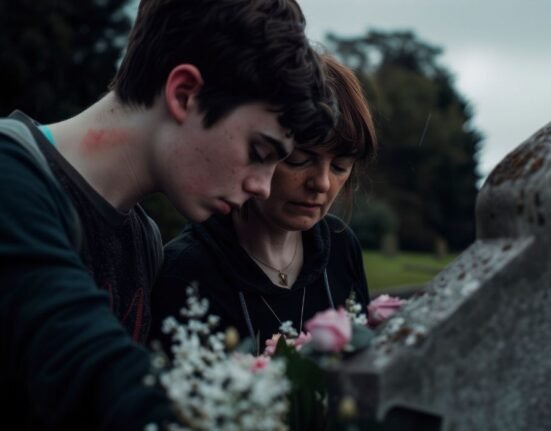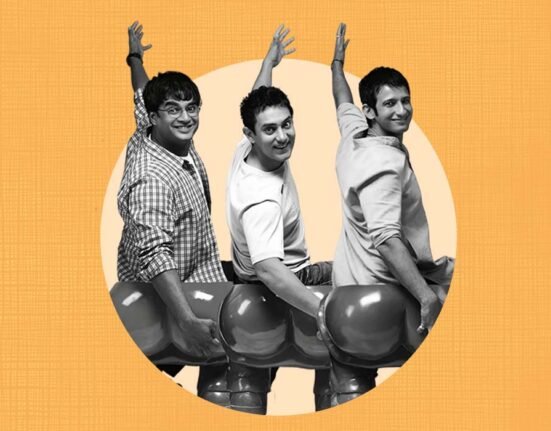“Stab the body and it heals, but injure the heart and the wound lasts a lifetime.”
–Mineko Iwasaki
Heartbroken- misunderstood, separated, broken promises, sleepless nights, tearful eyes, the depths of pain- more, much more- a feeling that exceeds its expression through words. Heartbroken is a state which most individuals experience in their lives, due to the loss of a loved one or coveted object/opportunity. Individuals in this state may feel both physical and emotional pain, owing to the loss of the person, object, or opportunity. It may feel that it is never going to end, that one cannot survive with such pain. This may lead some individuals to even opt for dire measures such as addiction to drugs, alcohol, nicotine, and sometimes even suicide.
What happens when we fall in love?
Before understanding the reason why an individual feels so much pain, it is necessary to first understand the biological explanations for love itself. A study done by Fisher, Aron and Brown (2005) aimed to identify the neural mechanisms associated with romantic love. They used an fMRI to map the locations that were activated in the brains of 17 people who were intensely in love. When these individuals viewed images of their loved ones, activation was seen in dopamine-rich areas of the brain, related to reward and motivation behaviour in mammals. Thereby indicating that love motivated the individual to seek for and retain the objects or individuals they liked. A similar brain activation pattern is seen in cases of drug addiction. Hence, when you are in love- you are an addict!
Why do we feel such great pain when heartbroken?
When in love, hormones such as dopamine and oxytocin are released in the body, mimicking the effects of addiction. It drives an individual to stay with the people they love or do the things they love. However, when this period of love ends, they face stress. Therefore, the hormones –dopamine and oxytocin are replaced with the stress hormone-cortisol. This supports the individual to prepare for a fight-or-flight response. It is when this hormone is present for a period of time, that the unpleasant emotional and physical symptoms of heartbreak are experienced.
In order to further examine the brain areas activated during heartbreak, Fisher, Brown, Aron, Strong and Mashek (2010) conducted a study. They used an fMRI to examine the brain activation patterns of 15 individuals who were rejected by their partners but were still ‘intensely in love’. The participants had reported signs of lack of emotional control since their initial breakup. This was exhibited through trying to re-establish contact with the loved one, crying for long periods of time, drinking in excess and expressing their anger, despair or passionate love dramatically. The individuals responded to the image of their loved one by feeling love and despair. They also recalled good and bad memories as well as thought about why this had happened to them. These thoughts were associated with brain areas that regulate gains and losses, craving and emotion regulation. The activation patterns indicated that they were still in love but there was also a part of them wanting to regulate their actions towards their loved one to avoid embarrassment. However, they were still addicted.
Another study by Kross, Berman, Mischel, Smith and Wager (2011) compared the experience of a break-up with physical pain. They recruited 40 individuals who had experienced an unwanted romantic breakup and thereby felt intensely rejected. Their brains were examined through an fMRI and they performed two separate tasks, which they been trained for- Social Rejection Task and Physical Pain Task. In the first task, they viewed a picture of their former partner and recalled a specific rejection experience or viewed a picture of a friend (same sex as their former partner) and recalled a positive experience they had shared. In the second task, the participants either experienced hot stimuli (painful) or warm stimuli (non-painful) for 15 seconds and were then asked to rate how painful the hot/warm stimuli was. The results of this study indicated that social rejection and physical pain share a common representation in the brain system. This means that an individual experiences the pain of heartbreak in a similar manner as they experience physical pain.
How do we overcome heartbreak?
It is clear that heartbreak is not an easy experience. It is commonly believed that ‘time heals everything’. Although time is a major factor, healing a broken heart requires more than just time. The individual needs to take steps to actively work through this phase.
Further, would you try to hide, ignore or suppress your pain if you had broken your leg? So don’t be too hard on yourself and try to overcome heartbreak quickly- that too is a similar painful experience. For now, keep in mind: it is a painful experience, but hang on- this too shall pass.












Leave feedback about this